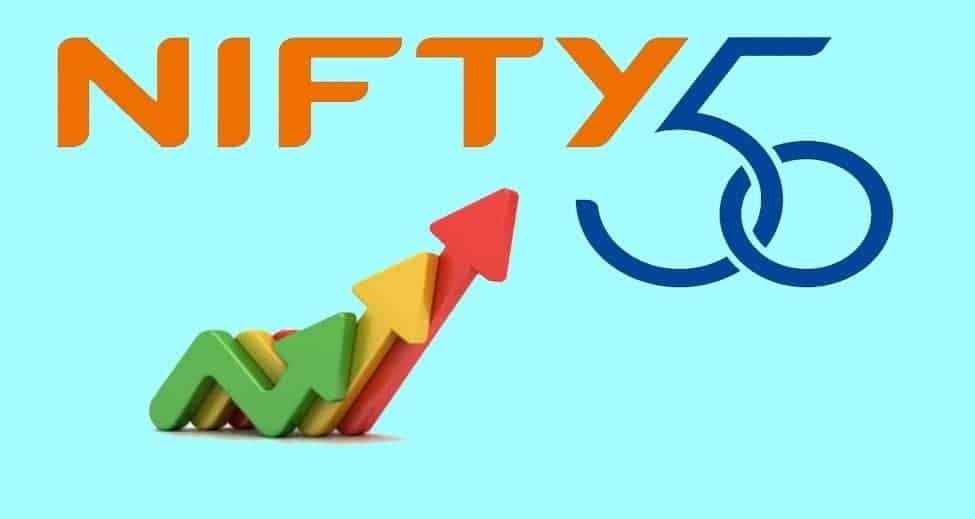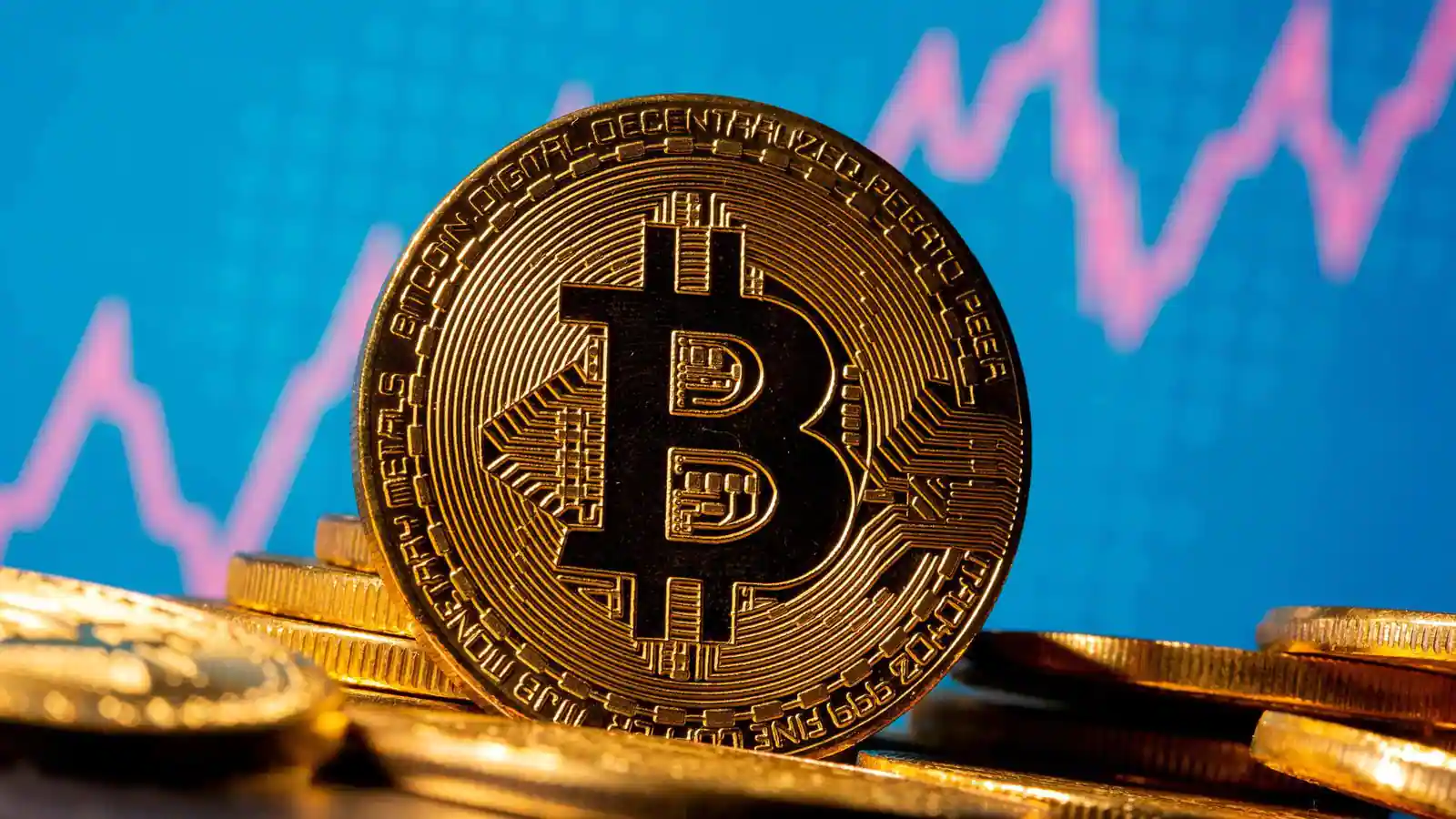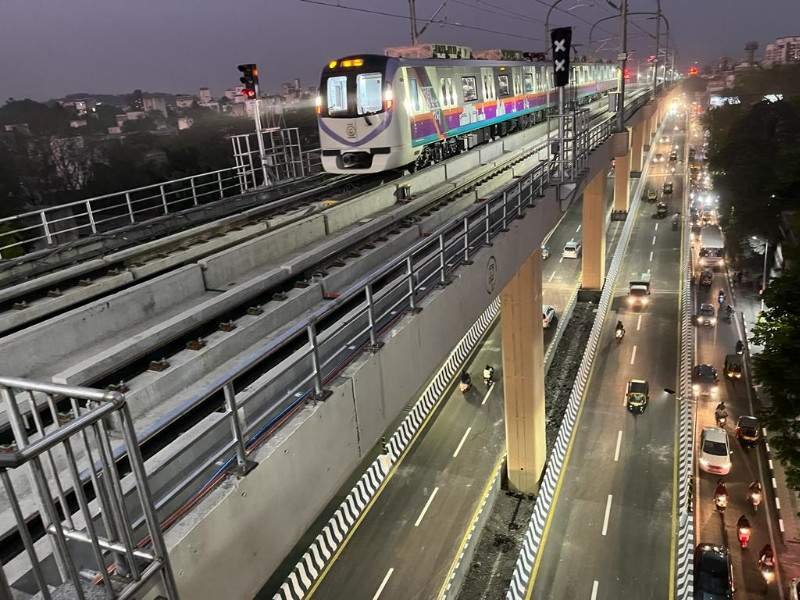Introduction
In recent times, there has been a significant buzz in the financial landscape regarding the introduction of BSBDAs (Basic Services Demat Accounts) in the realm of Demat accounts. This move has marked a pivotal moment, making the investing experience more accessible and cost-effective for individuals. In this blog post, we’ll delve into what this change means for investors and why the shift to BSBDAs is considered a game-changer in the world of Demat accounts.
Understanding Demat Accounts:
Before we delve into BSBDAs, let’s quickly recap what a Demat account is and its fundamental purpose. A Demat (Dematerialized) account is an electronic account that holds financial instruments like stocks, bonds, and mutual funds in a dematerialized or electronic format. This evolution from physical certificates to electronic form has streamlined and simplified the process of buying, selling, and holding securities.
Enter BSBDAs - Basic Services Demat Accounts:
BSBDAs, introduced by the Securities and Exchange Board of India (SEBI), have been a welcome change for small investors who engage in minimal trading activities. These accounts are essentially a simplified version of regular Demat accounts, designed to offer basic services at lower costs. The key feature that distinguishes BSBDAs from regular Demat accounts is that they have been marked as “no-frills” accounts, meaning they don’t carry maintenance charges if certain conditions are met.
Benefits of BSBDAs:
Cost-Effective Trading:
- No maintenance charges for accounts with a holding value of up to a certain limit, making it highly cost-effective for small investors.
Financial Inclusion:
- BSBDAs aim to promote financial inclusion by providing a low-cost entry point for individuals who may have been hesitant to participate in the stock market due to high account maintenance charges.
Simplified Account Structure:
- These accounts are designed to be straightforward, making them ideal for investors who don’t require complex features and services.
Ideal for Small Investors:
- BSBDAs cater to the needs of small investors who engage in limited trading activities and don’t want to bear the burden of additional charges.
No Minimum Balance Requirement:
- Unlike regular Demat accounts, BSBDAs do not mandate a minimum balance, providing flexibility for investors.
Conclusion:
In conclusion, if you are a small investor looking to dip your toes into the world of investing, exploring the possibilities offered by a BSDA could be a game-changer for your financial journey. Always consult with your financial advisor to determine the best approach based on your specific needs and financial goals. Happy investing!
Faq Related To "Demat has been marked as BSDA"
A BSBA, or Basic Services Demat Account, is a simplified version of a regular Demat account. It offers basic services at lower costs and does not have maintenance charges if certain conditions are met.
BSBDAs were introduced by the Securities and Exchange Board of India (SEBI). The aim is to make the stock market more inclusive by providing a low-cost entry point for small investors.
BSBDAs are marked as “no-frills” accounts, meaning they offer basic services without additional charges for accounts meeting specified criteria. They are cost-effective, have a simplified account structure, and do not require a minimum balance.
A Demat account holds financial instruments like stocks, bonds, and mutual funds in electronic form. It simplifies the process of buying, selling, and holding securities, eliminating the need for physical certificates.
BSBDAs are cost-effective for small investors with limited trading activities. They promote financial inclusion, offer a simplified account structure, cater to the needs of small investors, and do not mandate a minimum balance.
While BSBDAs are designed with small investors in mind, individuals of all sizes can opt for these accounts. It’s crucial to assess your trading needs and preferences before deciding on the type of Demat account.
BSBDAs may have limitations in terms of advanced features offered by regular Demat accounts. Investors should evaluate their requirements and choose an account type that aligns with their financial goals.
To avoid maintenance charges, ensure that your BSBA meets the specified criteria, such as holding a value below a certain limit. Regularly review the terms and conditions provided by your Demat service provider.
SEBI, as the regulatory authority, oversees and regulates the functioning of Demat accounts, ensuring transparency, fairness, and investor protection. Their introduction of BSBDAs reflects a commitment to making financial markets more accessible.
Yes, it’s always advisable to consult a financial advisor before making decisions about your investment accounts. They can provide personalized advice based on your financial goals, risk tolerance, and investment strategy.















